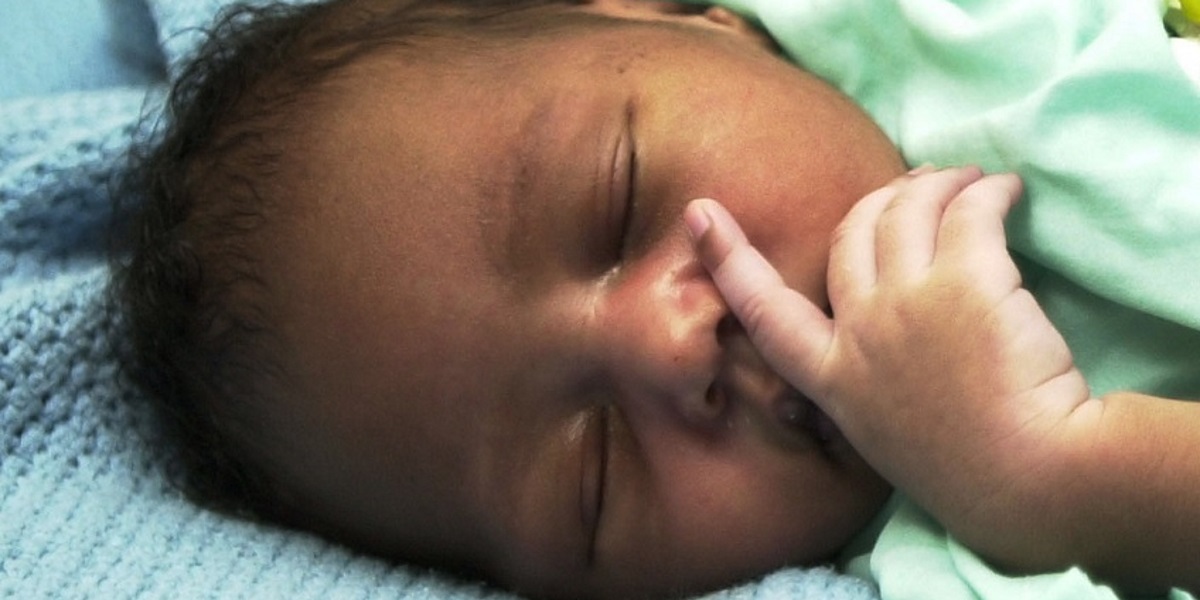DeKalb Medical May Ban Water Births, Other Measures

Khalil Senosi / Associated Press
Katie Kissel wants you to know: She’s not some crunchy granola type.
“I really think that there’s a good place for medical intervention in birth when it’s needed,” the Atlanta resident says.
However, she says the birth of her first child was filled with interventions she didn’t really want, including an episiotomy and the administration of the drug Pitocin.
Now Kissel’s pregnant again, and this time around, she had hoped to try for an un-medicated water birth — in which women give birth in a tub of warm water. Benefits of the practice are said to include pain management, promotion of relaxation and better mobility during labor.
But that plan hit a roadblock.
Last week, Kissel’s chosen hospital, DeKalb Medical Center, said it might ban water births for anyone with a due date after Oct. 31. That includes Kissel, who is due in November.
About 5,000 babies are born every year at DeKalb Medical, which makes it big news when the hospital considers changes to labor and delivery services, as it’s doing now.
Kissel says she was upset by “the complete lack of judgment and foresight from DeKalb Medical, to immediately take away not only my rights, but all these women’s right to choose.”
In an email, the hospital cites safety concerns over water birth, but says those concerns don’t arise from one specific incident. It plans to decide whether to make the ban permanent before Oct. 31.
There are few randomized controlled studies supporting water birth’s safety, although the United Kingdom’s medical community has done some research and officially endorsed the practice in 2006. Common fears cited are the risk of infection to the infant and the risk of drowning.
Dr. Brad Bootstaylor is an obstetrician who delivers babies at DeKalb Medical and performs water births there now. He doesn’t agree that safety is an issue at all in this situation.
“It’s a matter of choices,” he says. “It’s a matter of choices that can be safely administered.”
He notes the rise in popularity of water births in recent years and says the hospital should embrace that change instead of fighting it. “Like a lot of things in medicine, when there’s change, it’s usually driven by patients, and in this case, the mother.”
Or, the more than 1,000 people who joined a Facebook group supporting water birth at DeKalb Medical. The group plans to keep pressuring the administration on this and other issues. Those issues include access to vaginal delivery after three C-sections, and access to vaginal breech births — two other procedures that DeKalb Medical’s new policy may cut.
The hospital has sent questionnaires to obstetricians for input on whether to continue offering all three services, but it says those responses only constitute one factor in its final decisions.
DeKalb Medical Center did not agree to an interview for this story.
9(MDAxODM0MDY4MDEyMTY4NDA3MzI3YjkzMw004))








